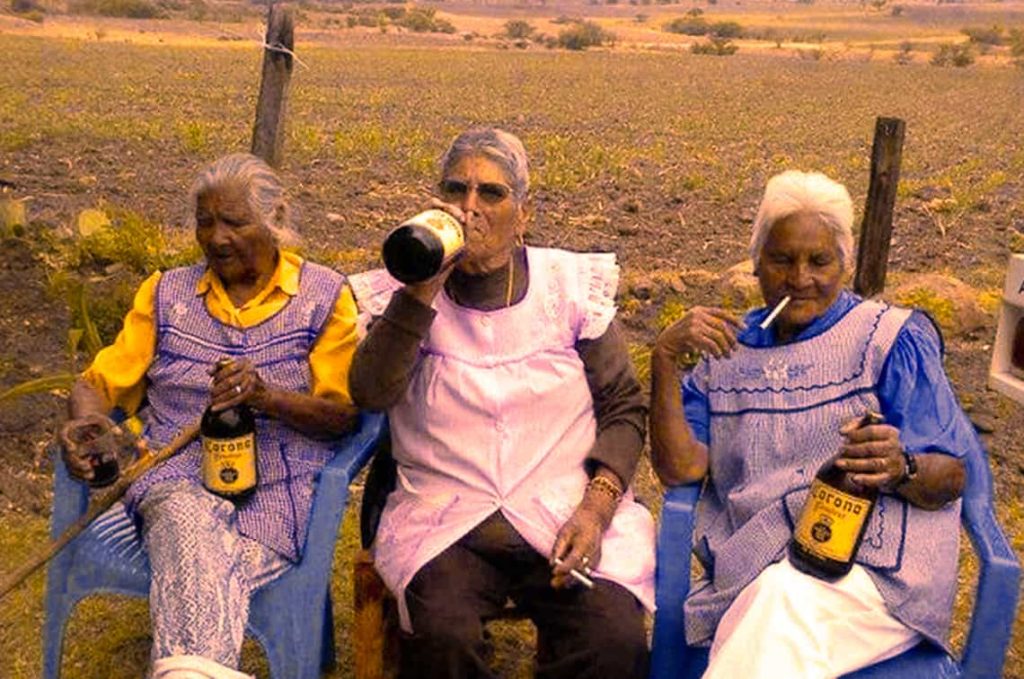I’ve mentioned my abuela before. She is 97 years old and doesn’t care what you think because you clearly don’t know the half of it.
The woman smoked into her 60s and drank into her 70s. She does not possess the bubbly, joie de vivre personality that psychologists tell us is necessary for long life. And as for stress, well, let’s just say that she’s witnessed more than her fair share of death, destruction, misery, and heartache.
And yet she is pushing 100.
How is this possible?
One possible answer is the fact that, statistically, U.S. Latinas just live longer. In fact, “at 84 years, Latina life expectancy is second only to Asian American women.”
Yes, there are exceptions to this rule. On a personal level, I have to admit that one of my favorite Latinas recently departed all too soon.
However, the statistics show that “first- and second-generation Latinos tend to have better health outcomes than U.S. non-Hispanic white counterparts despite their lower socio-economics in what has become known as the Hispanic Paradox.”
I’ve written before about the Hispanic Paradox, which despite all odds, is not the title of an upcoming Marvel movie starring Michael Peña and Zoe Saldana.
No, the Hispanic Paradox refers to the fact that Latino immigrants tend to be healthier, which many experts believe is tied to the cultural values of strong familial and social ties.
It applies less to Hispanic men, who have an average life expectancy of just 79.2 years. But keep in mind that this number is still better than the life expectancy of white men, or of African American men or women.
Now, before Latinos start planning for that lengthy retirement, please note that “the Hispanic paradox decreases with subsequent generations.” Basically, the longer a Latino family lives in America, the more likely its members are to pile on the bacon, lead solitary existences, or go 90 mph on the freeway (maybe all at the same time).
So the key is adopt the healthy habits of our ancestors — or is it?
Because the disappointing thing about adding extra years to your life is that all those bonus days tend to come at the very end.
As researchers have pointed out, “living a long life can be a double-edged sword— great if you’re healthy, but less of a blessing if you are ailing and feeling isolated the last 20 years of your life.”
And it’s not just the aches and pains of aging that can be burdensome. There is also the unpleasant fact that old age “can bring health and financial challenges, and Latinas tend to be poorer and rely heavily on Social Security for their retirement income.”
In fact, research shows that the “financial challenges facing Latinas are striking,” in that 25% of Latinas over the age of 65 live in poverty, “and without Social Security, the number would jump to 60%.”
So is living to be a wizened elder a blessing or a curse? We will have to ask our abuelas, because they will outlive us all.





